Paris-based Quandela, a startup that provides photonic quantum computers, announced that it has secured over €50M in a fresh round of funding.
The investment came from various sources, including new investors Serena, Credit Mutuel Innovation, and the European Innovation Council Fund, as well as support from the French government’s France 2030 Plan.
Existing investors Bpifrance, OMNES Capital, and Quantonation, also participated in this round.
A full-stack photonic quantum computing solutions
Founded in 2017 by Niccolo Somaschi, Valérian Giesz and Prof. Pascale Senellart, Quandela is a quantum photonics company that produces full-stack optical quantum computers for cloud and on-premises use.
With expertise in photonic quantum computing, the company employs over 50 professionals in various fields.
The startup claims to have become a key player in European photonic quantum computing. By the close of 2022, it became the first EU provider to offer cloud access to its quantum computers.
In June 2023, Quandela opened the first European quantum computer manufacturing facility in Massy, France. The inaugural quantum computer from this facility has now been delivered to the OVHcloud datacenter, representing the first European quantum computer acquired and hosted by an industrial client.
The company claims to be gearing up for 2024 deliveries of three new quantum machines from its production facility.
Collaborating with EDF, ONERA, and MBDA, and established in Germany, Quandela is expanding its global presence. With a focus on North American and Asian markets, the company plans to boost its workforce to further develop use cases with industrial partners.
Paul-François Fournier, Executive Director in charge of Innovation at Bpifrance says, “We’re very proud to continue to support the growth of Quandela, which successfully opened Europe’s first quantum computer production plant a few months ago.”
“This support is a perfect illustration of the ambitions of Bpifrance’s Deeptech plan: to encourage the rise of French champions driving breakthrough innovations in the coming decades.”
Capital utilisation
Quandela says it will use the funds for international expansion and boost the production of its quantum computers, addressing the demands of industrial clients.
Maxence Valero, VC Investment Director at Crédit Mutuel Innovation says, “Many years of R&D have enabled Quandela to converge fundamental and applied research with the first industrial results, delivering a quantum computer in the cloud as well as quantum computers for private customers.”
“Over and above the quality of the teams and the technological depth of their solution, these European – and in some respects global – innovations have convinced us of the project’s potential and scalability.”
“The computing power of quantum has become real and accessible. Structuring the teams and implementing the international roadmap will be among the value-creating milestones ensuring the project’s success,” adds Valero.
About France 2030
The France 2030 investment plan:
Two ambitions: France 2030 has dual ambitions: driving long-term transformation in critical sectors like healthcare, energy, automotive, aerospace, and space through technological innovation, and positioning France as a leader in shaping the future.
The initiative supports the entire innovation lifecycle, from fundamental research and idea cultivation to product or service industrialisation.
Scale: France 2030 is an unprecedented initiative, investing €54B to facilitate transitions in strategic sectors for companies, universities, and research organisations. The goal is to address challenges in the environment and economic attractiveness, nurturing future champions in France’s key sectors.
The initiative is characterised by two overarching objectives: allocating 50 per cent of expenditure to decarbonising the economy and 50 per cent to fund innovators without environmentally damaging practices, aligning with the “Do No Significant Harm” principle.
Collaboration: France 2030 will be implemented collaboratively, involving economic, academic, local, and European participants in the design and deployment process. These stakeholders will play a crucial role in shaping the initiative’s strategy and key initiatives.
Entities developing projects can receive state support by submitting applications through open, rigorous, and selective procedures.
France 2030 is overseen by France’s Office of the Secretary-General for Investment, acting on behalf of the Prime Minister.



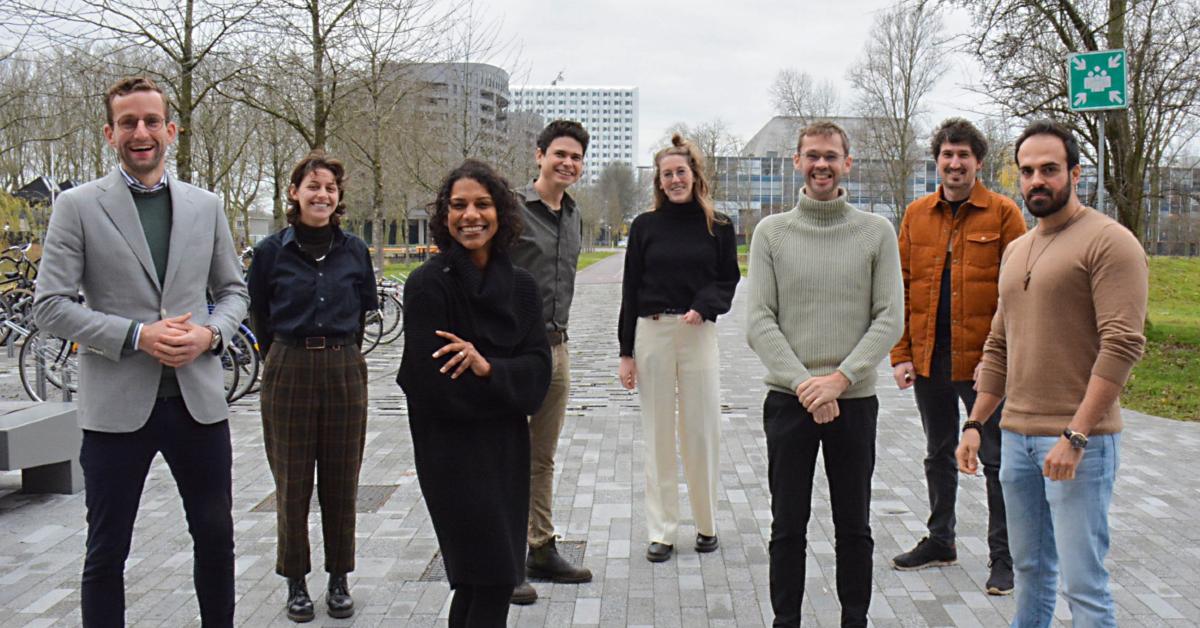
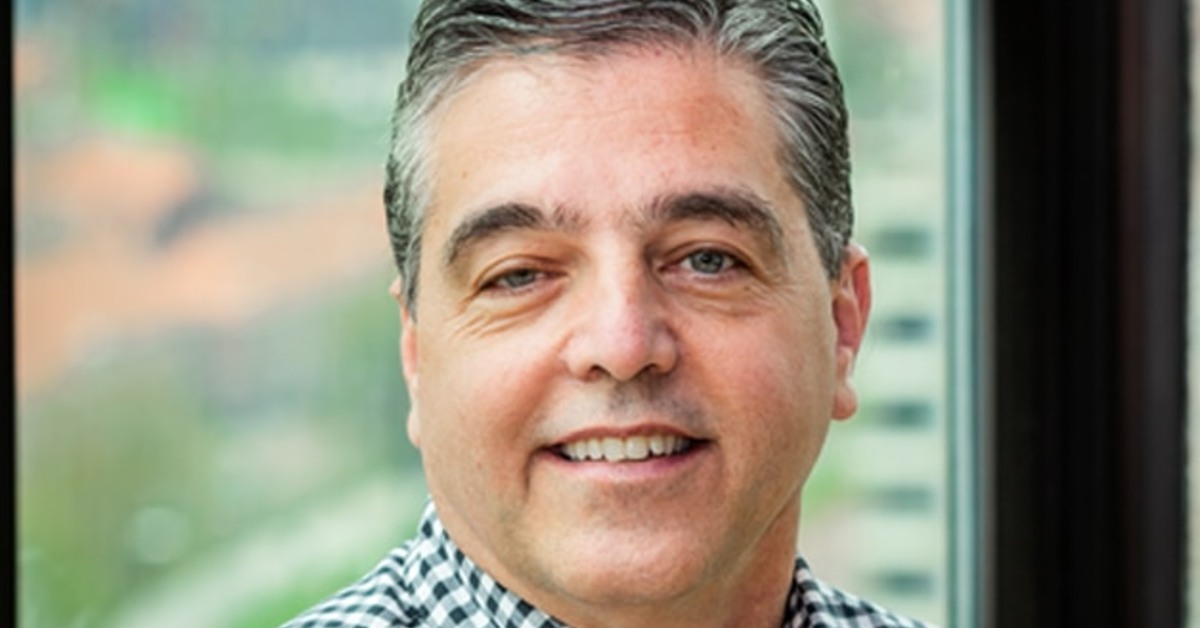
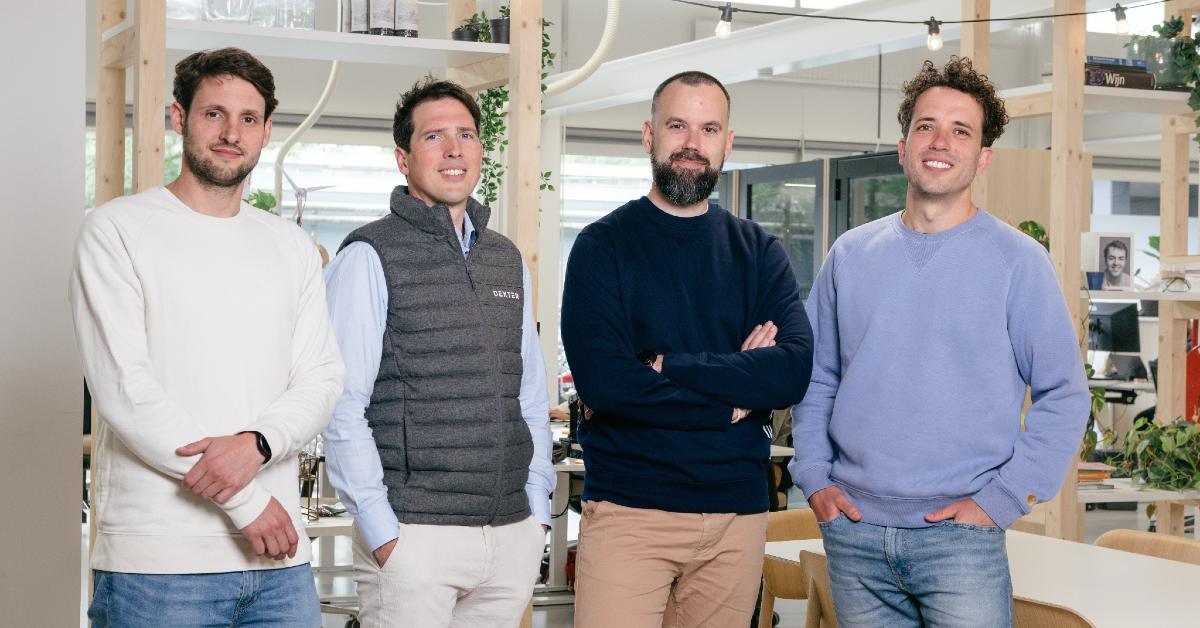
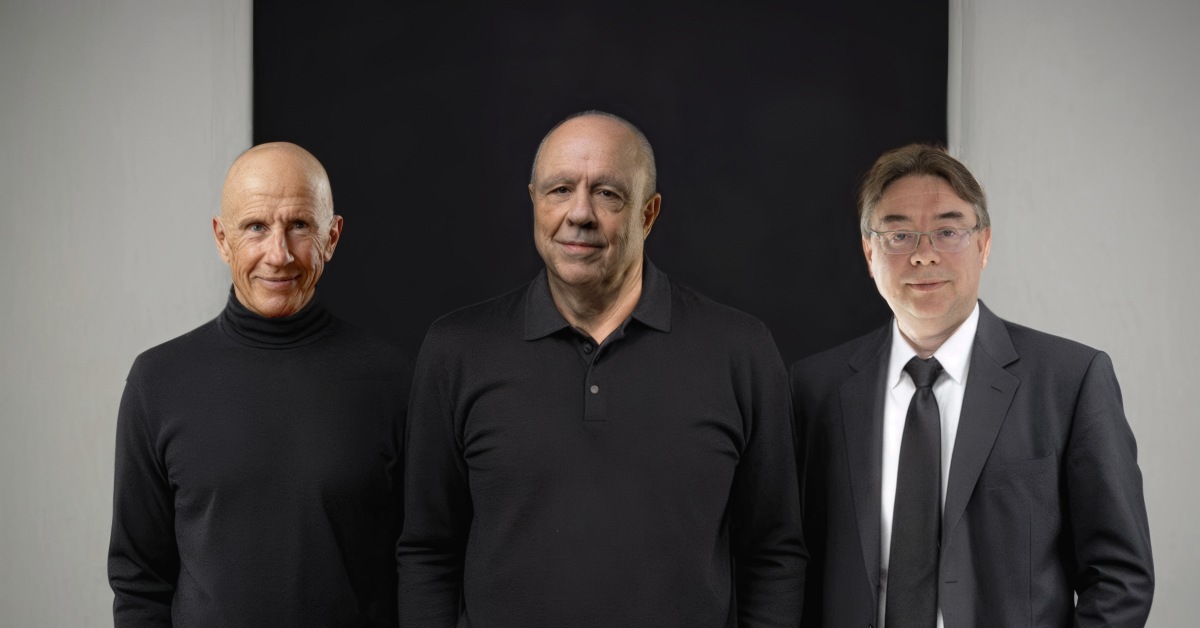
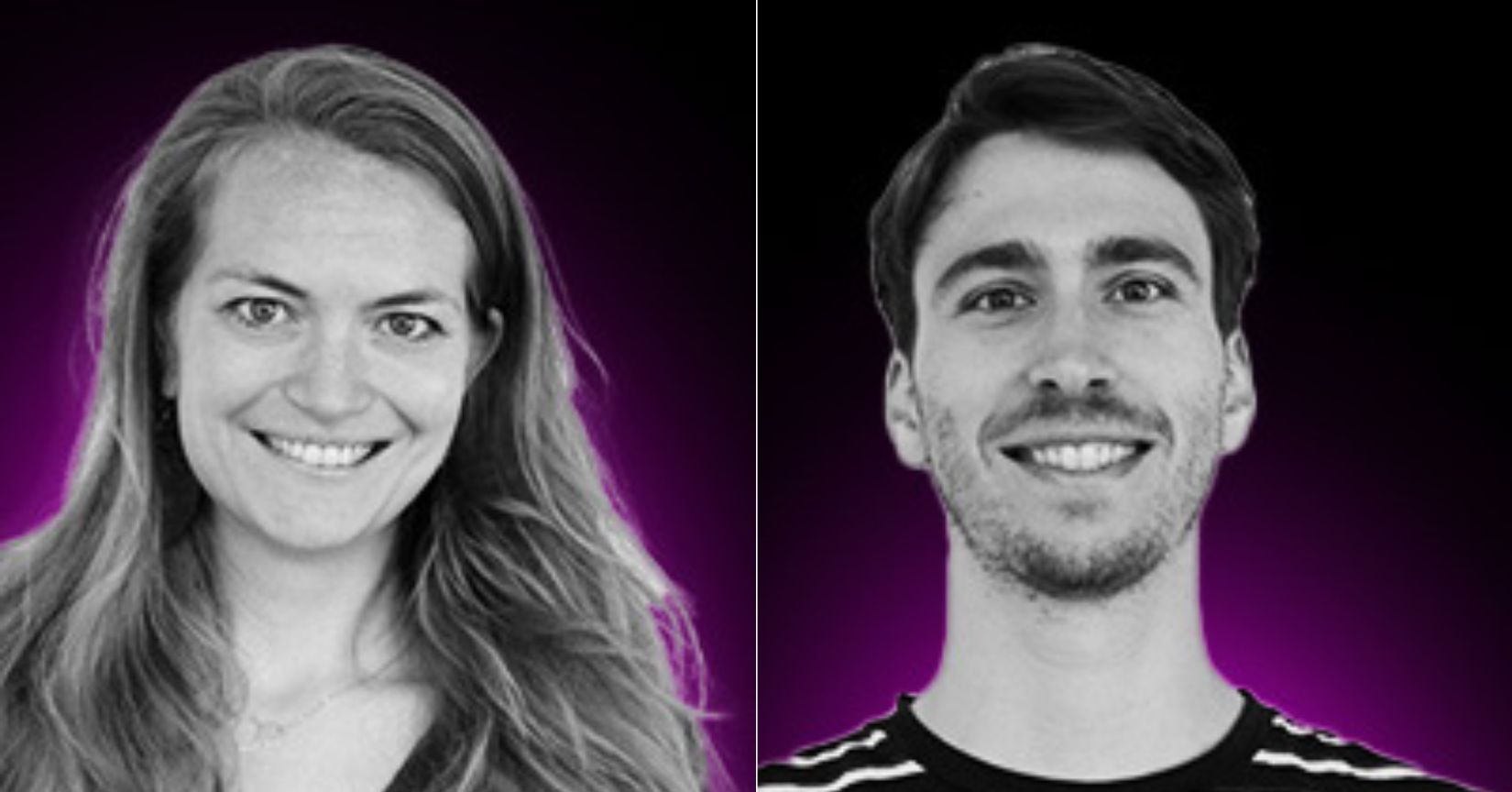
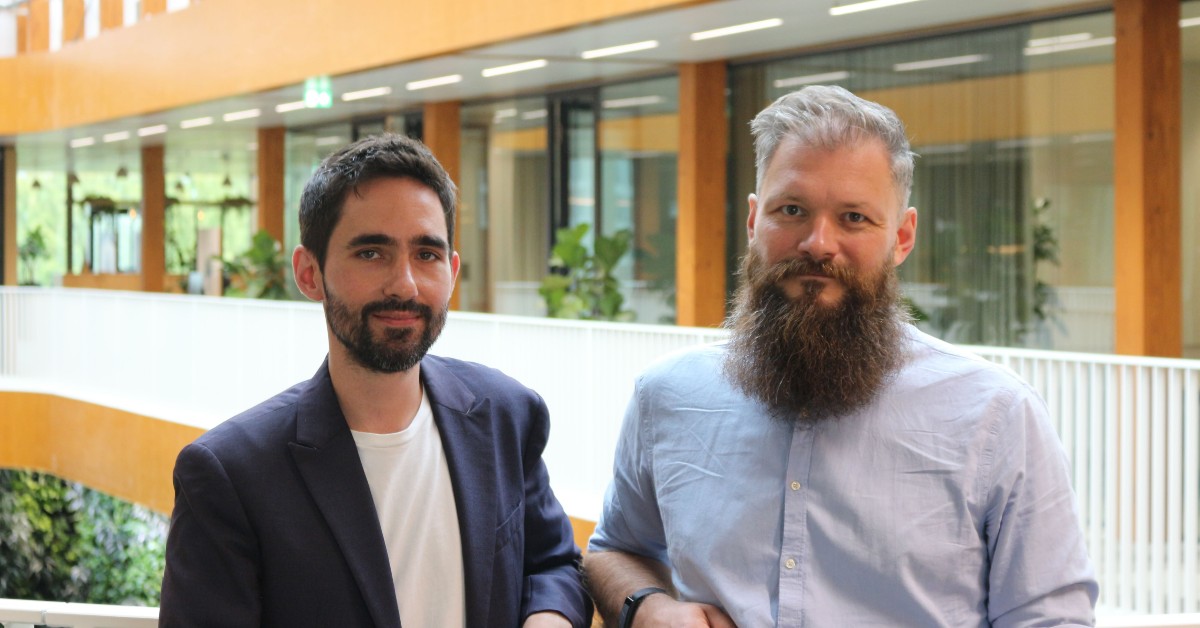

01
From telecom veteran to Dutch Startup Visa success: The Jignesh Dave story